Commercial Agriculture Development Support
Enhancing Farmers' Productivity and Market Access with Delta Monitoring
The Republic of Congo and the International Development Association (IDA), World Bank Group, signed a Financing Agreement for the implementation of the Commercial Agriculture Development Support Project (PDAC), over a five-year period.
The PDAC aims to improve farmers' productivity and market access for producer groups and micro, small and medium-sized agro-industrial enterprises in the Republic of Congo.
The project will take place from 2017 to 2022 and is expected to benefit some 500,000 people.
Challenge
The agricultural sector in the Republic of Congo faced numerous challenges, including low productivity, limited market access for producer groups, and inadequate support for micro, small, and medium-sized agro-industrial enterprises. To address these issues, the government initiated the PDAC. However, ensuring effective implementation, progress monitoring, and impact evaluation posed significant challenges. The need for a robust monitoring and evaluation (M&E) system became evident to measure progress, identify corrective measures, analyze results, and disseminate information to stakeholders.
Solution
To overcome the challenges, the PDAC implemented a comprehensive monitoring and evaluation system, Delta Monitoring. The system is deployed to achieve three main objectives:
- Measure and analyze the progress of the implementation, enabling timely corrective measures to be taken when necessary.
- Generate information and build a knowledge base by providing relevant indicators to allow the UNCP (United Nations Congo Partnership) to analyze the results and impacts.
- Disseminate information on the achievements of the PDAC to all stakeholders involved.
DELTA already comprised all components. Data collection tools were also deployed to capture relevant information at different stages of the initiative. Regular monitoring and evaluation was conducted to assess progress, identify bottlenecks, and recommend necessary adjustments. Key performance indicators were monitored to measure productivity improvements and market access expansion for the targeted beneficiary groups.
Outcome
The implementation of the DELTA yielded significant results. By systematically measuring and analyzing progress, the PDAC could identify challenges and implement corrective measures promptly. This proactive approach resulted in improved efficiency and effectiveness. Additionally, the generation of data and knowledge allowed the UNCP to evaluate the impact and make informed decisions for future agricultural initiatives.
The dissemination of information through the monitoring and evaluation system ensured transparency and accountability to stakeholders. By sharing achievements, challenges, and lessons learned, the system facilitated knowledge exchange and fostered collaboration among various actors in the agricultural sector. Moreover, the system provided valuable insights into the initiative’s success, enabling decision-makers to replicate and scale up effective strategies for broader agricultural development efforts in the Republic of Congo.
Conclusion
DELTA played a pivotal role in capturing data on increased productivity and improved market access for the targeted beneficiary groups. The system allowed for a comprehensive analysis of the PDAC impact on smallholder farmers, producer groups, and agro-industrial enterprises. Furthermore, the software features a reporting mechanism that facilitated the sharing of achievements, lessons learned, and best practices with the relevant stakeholders.
Summary
Challenge
The Republic of Congo’s agricultural sector confronted challenges of low productivity, limited market access for producer groups, and inadequate support for agro-industrial enterprises. To tackle these issues, the government launched the PDAC.
However, despite the launch, ensuring smooth implementation, progress monitoring, and comprehensive impact evaluation proved challenging.
Solution
The PDAC chose Delta Monitoring, a comprehensive Monitoring and Evaluation (M&E) software to tackle these challenges.
DELTA aimed to accomplish three primary objectives: measuring and analyzing the implementation progress, generating relevant indicators to evaluate results and impacts, and disseminating information about the PDAC’s accomplishments to stakeholders.
Outcome
DELTA encompasses several components, including specialized data collection tools that captured pertinent information at different stages.
Through systematic measurement and analysis, the PDAC team was able to promptly identify and address challenges, leading to improved efficiency and effectiveness.
The data and knowledge generated by the system enabled the UNCP to evaluate the overall impact and make informed decisions for future agricultural initiatives.

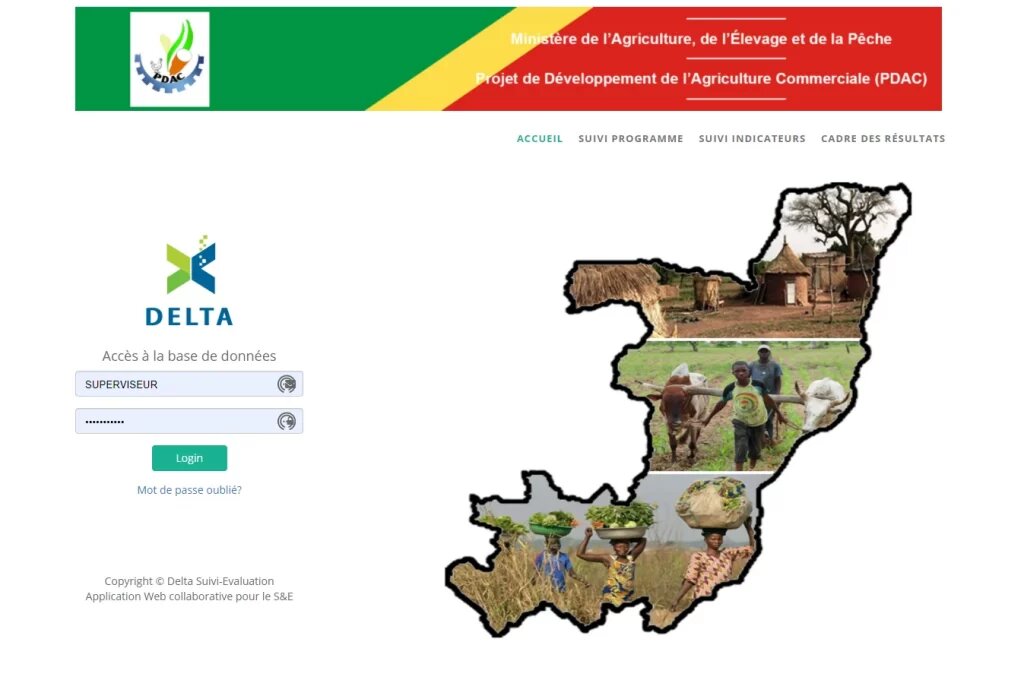
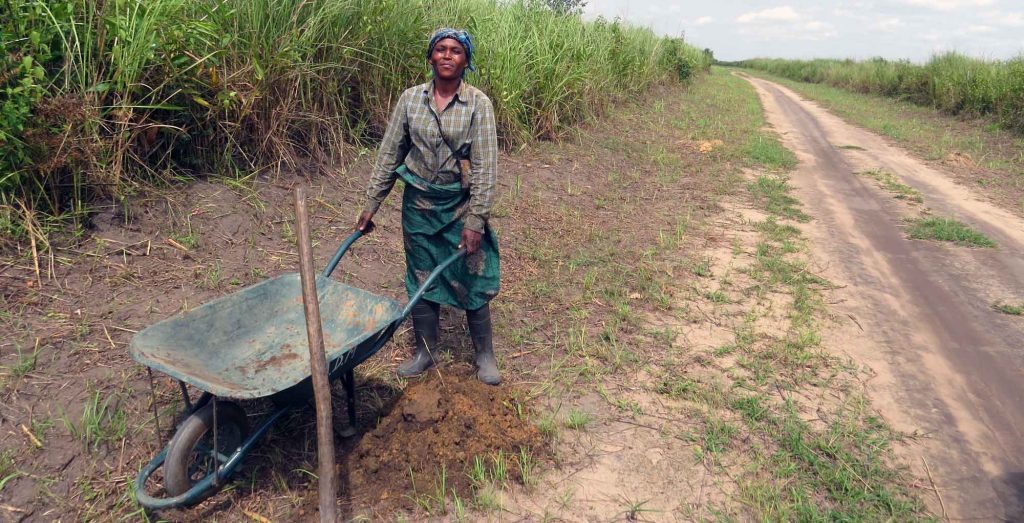
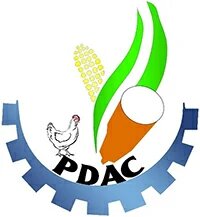
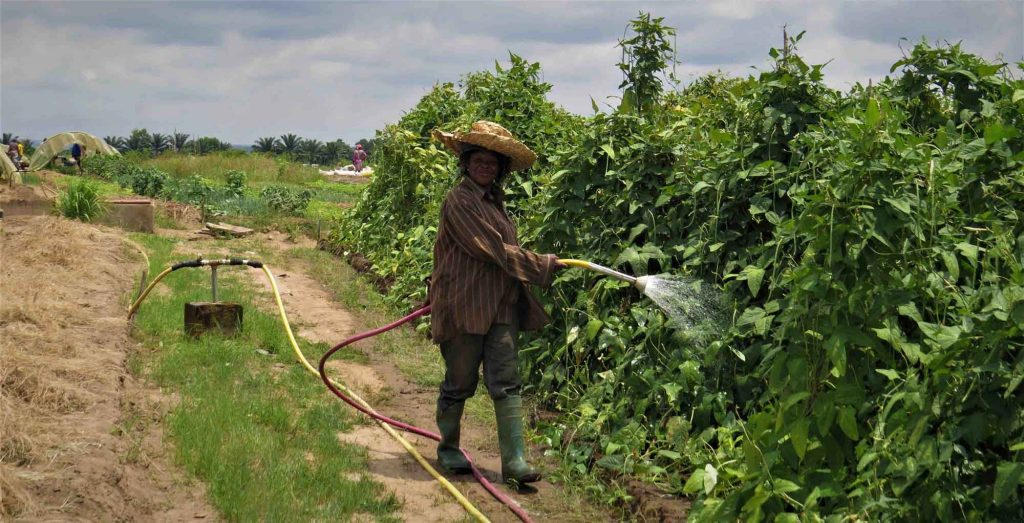
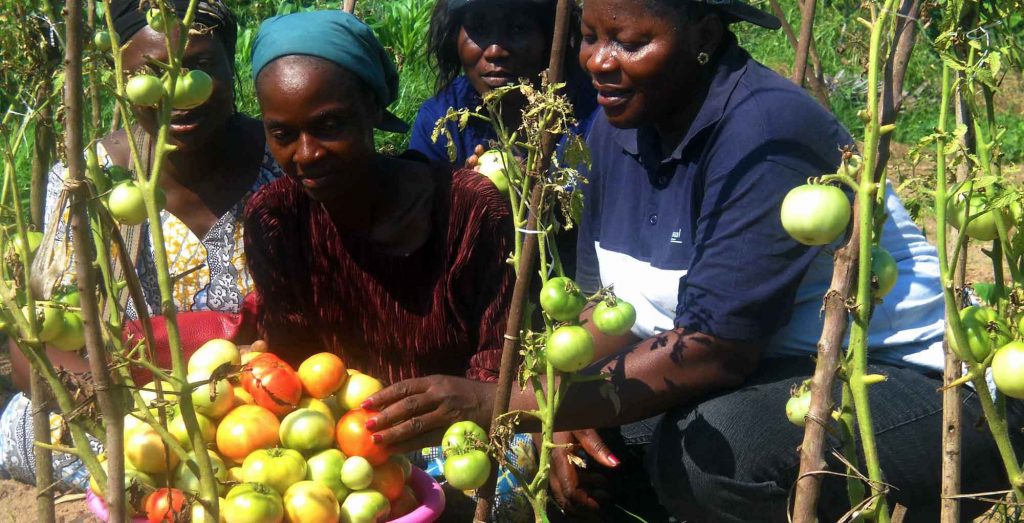
RESOURCES
CONTACT
- contact@delta-monitoring.com
- (+1) 514 779 1591


